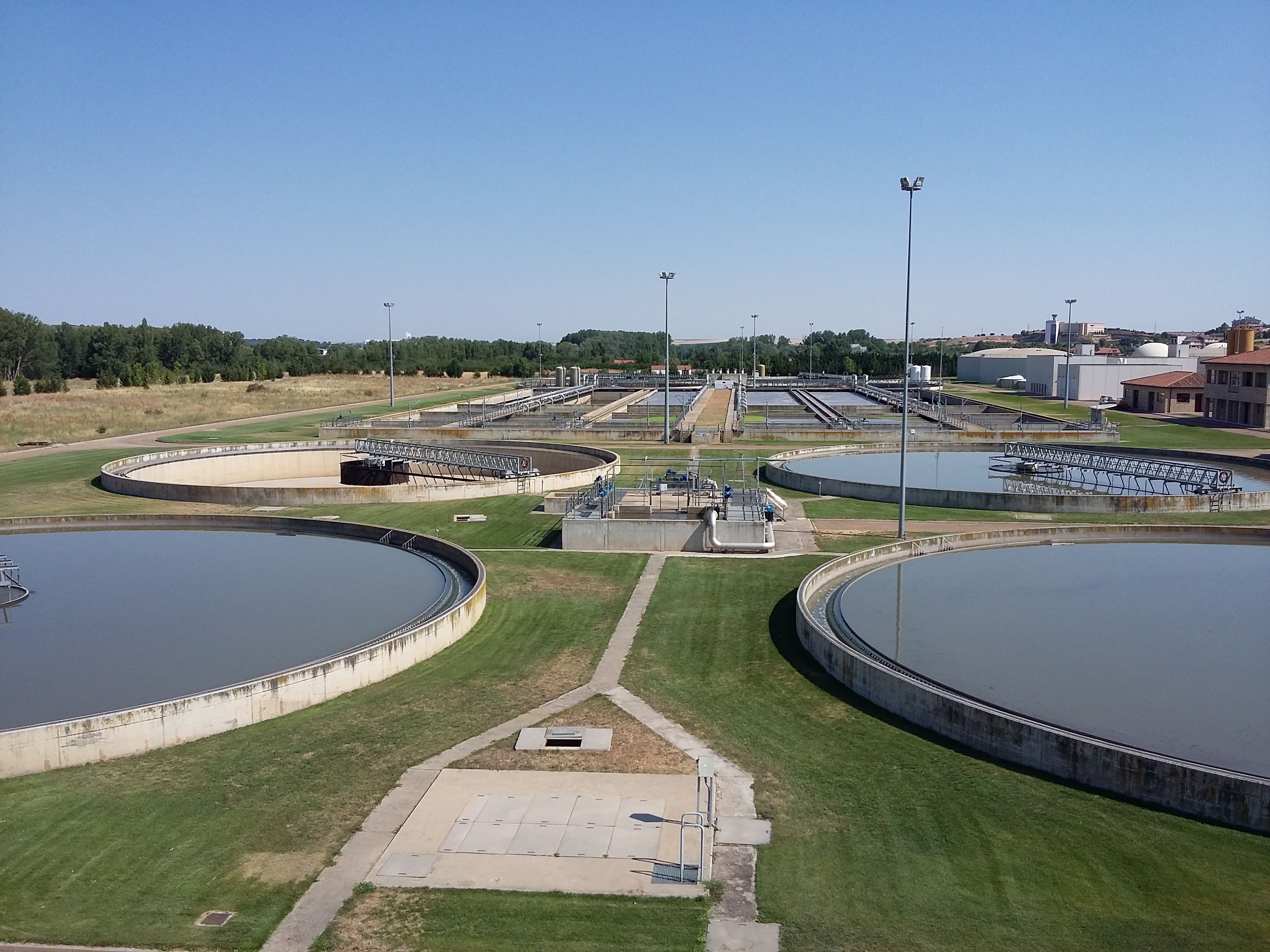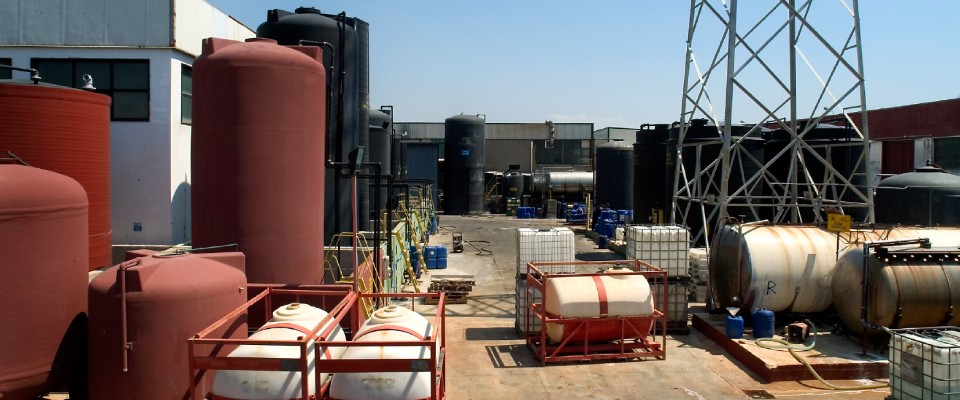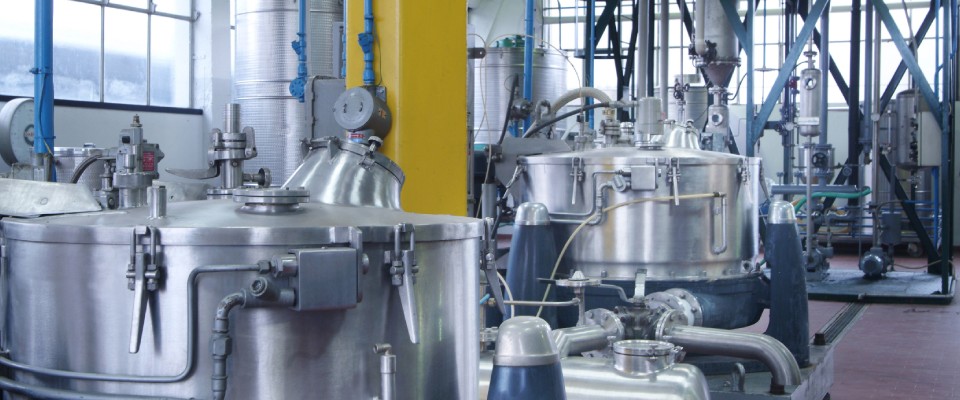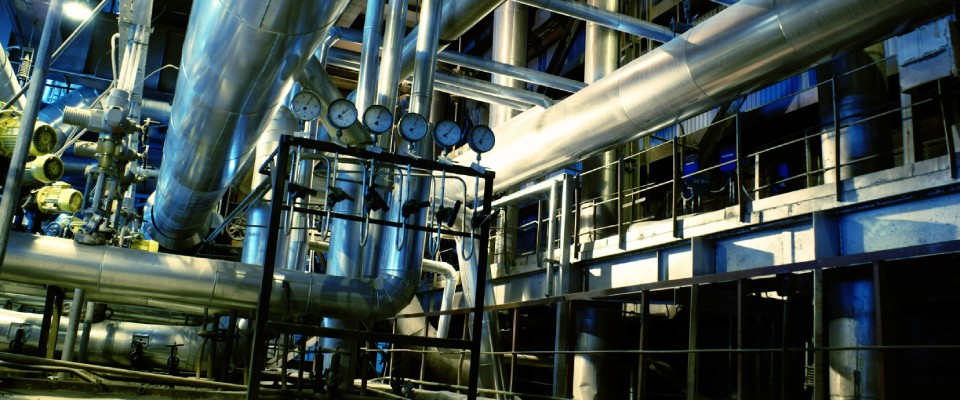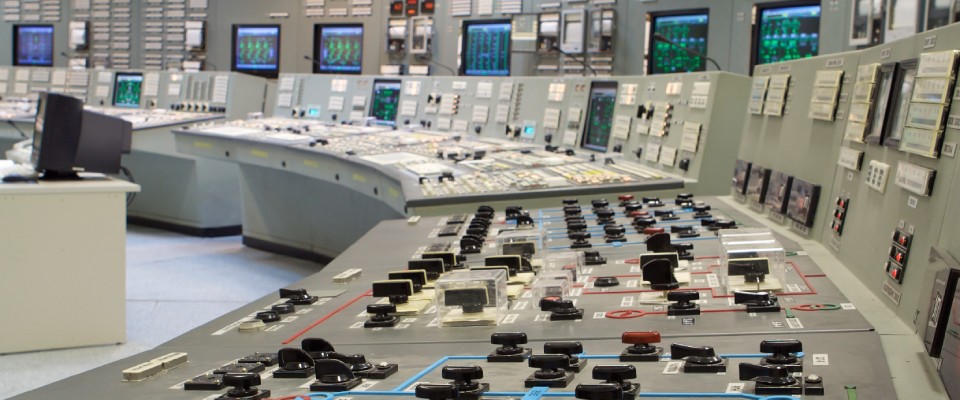Title: Optimal operation and control of wastewater treatment plants through machine learning methodologies
Título: Operación óptima y control de plantas depuradoras de aguas residuales mediante técnicas de aprendizaje automático
Tipo: Proyectos estratégicos orientados a la Transición Ecológica y Digital del MICINN.
Fecha: 1/12/2022 – 30/11/2024
Referencia: TED2021-129201B-I00 (Universidad de Salamanca)
This project focuses on the optimal operation and control in a wastewater treatment plant (WWTP) applying machine learning techniques in the field of AI (Artificial Intelligence). The complexity and variability of this nonlinear process makes difficult to obtain first-principles models required for the application of some model-based controllers (MPCs) used in the basic control layer and in the optimization layers of the control structures implemented to achieve the most efficient and sustainable operation of the process. In this project, machine learning techniques, particularly deep neural networks, and reinforcement learning (RL), integrated with the classical controllers existing in the plant, are the main approaches considered here to provide optimal control solutions that ensure a sustainable operation of the WWTP as part of the Integrated Water Systems (IWS). The criteria that define the sustainable operation of the plant contemplate eco-efficiency of the process and circular economy principles in line with the European Union regulations. Particularly, different philosophies of RL will be used, such as value-function and policy approximation using deep neural networks, that will be extended to the upper levels of the control hierarchy to provide optimal set points for the different plant units. The objective functions comprising operational objectives, environmental goals and other sustainability criteria will be coded as rewards to the different agents, thus they can learn the process behavior using the available data. As a first step, the different methodologies will be validated using data obtained from WWTP benchmark simulations adapted to real plants, and then a workflow methodology will be developed to produce a general framework of application of machine learning to real WWTP, defining some prerequisite for experiments required and available data.
Coordinated project: Sustainable operation of integrated water systems through intelligent and distributed supervision and control methodologies.
Proyecto Coordinado: Operación sostenible de sistemas integrados de aguas mediante metodologías inteligentes y distribuidas de supervisión y control.
Subproject title: Development of intelligent distributed control methodologies based on game theory.
Título del subproyecto: Desarrollo de técnicas de control distribuido inteligente basadas en teoría de juegos.
Tipo: Proyecto de Investigación Coordinado del Ministerio de Ciencia e Innovación (MICINN).
Fecha: 1/6/2020 – 31/5/2024.
Referencia: PID2019-105434RB-C31 (Universidad de Salamanca, Universidad de Valladolid, Universitat Autònoma de Barcelona).
This project focuses on the supervision and control of Integrated Water Systems (IWS) (sewer, wastewater treatment plant, and receiving basin) applying intelligent and distributed control and supervision techniques. The complexity and large dimensions of the systems involved in an IWS motivates the development of these methodologies to obtain efficient solutions for satisfying their global operational requirements. Distributed model predictive control (DMPC) schemes, and data driven fault detection and diagnosis schemes integrated with the classical control ones are the considered approaches to provide an optimal solution to this complex problem. For this purpose, different cooperative games will be used; particularly those based on adaptive learning and fuzzy logic in the search of different coordination and negotiation mechanisms. Furthermore, their implementation within a circular economy framework that ensure an environmentally sustainable operation of the IWS, is one of the main pursued project goals, in line with the European Union regulations. In this sense, Life Cycle Assessment (LCA) of IWS will be the main tool to achieve the mentioned objective.


